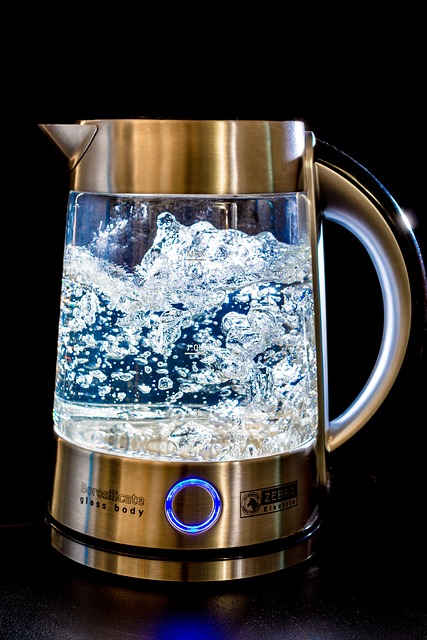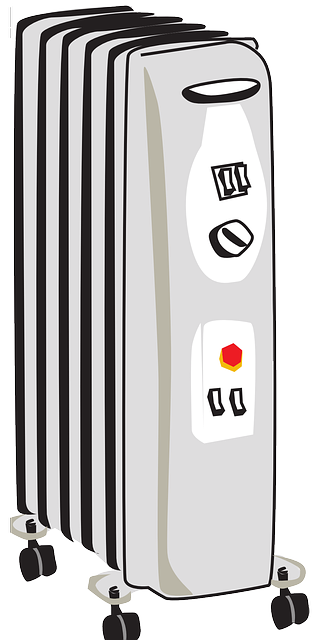Water heaters are essential for daily comfort, so recognizing early signs of distress is crucial. Common issues include leaks, higher bills, temperature changes, inadequate heating, strange noises, and reduced hot water pressure. If your heater is over 10 years old, unusual behavior indicates potential need for replacement to ensure consistent hot water supply and reduce utility bills.
Is your water heater on its last legs? Recognizing early signs of failure can save you from unexpected breakdowns and costly repairs. This article explores seven crucial indicators that it’s time for a replacement, focusing on common issues like declining water temperature, unstable pressure, leaks, and noises. We’ll guide you through the process of deciding when to invest in a new heater, offering insights on energy efficiency, capacity, and features to ensure a hot water solution tailored to your home’s needs.
Identifying Common Water Heater Issues

Water heaters are an essential part of our daily routines, so when they start showing signs of distress, it’s crucial to recognize them early on. Identifying common water heater issues is the first step towards ensuring a smooth and comfortable life at home. Some red flags that indicate your water heater may be failing include persistent leaks, which can lead to significant water damage and higher utility bills; sudden temperature fluctuations in your hot water supply; and an inability to heat water adequately or maintain a consistent temperature.
Additionally, you might notice strange noises coming from the tank, such as banging or bubbling sounds, suggesting potential problems with sediment buildup or internal components. If your water heater is old and has been in service for over 10 years, it’s wise to pay attention to any unusual behavior, as it could be a sign that a replacement is needed. These signs are all indicative of potential failures and should prompt you to consider whether it’s time for a new water heater.
– Declining water temperature

If you’ve noticed a significant drop in your water temperature, especially during peak hours or when using hot water for longer durations, it could be a red flag. Over time, water heaters lose their efficiency due to mineral buildup and natural wear and tear. This decline can result in insufficient heating, leaving you with lukewarm or even cold water. In terms of the signs you need a new water heater, this is one of the most noticeable indications that your current unit might be failing.
When your water heater struggles to maintain temperature, it could mean reduced hot water availability and increased energy consumption as it works harder to heat up the water. If you’re consistently dealing with these issues, it’s worth considering whether a new water heater is necessary to ensure consistent hot water supply and potentially save on utility bills in the long run.
– Unstable hot water pressure

Unstable hot water pressure is one of the clearest signs that your water heater may be on its last legs. If you’ve noticed a sudden and significant drop in the force of your hot water flow, or if it fluctuates between weak and powerful without any discernible pattern, this could indicate a problem with the heating element or the tank itself. Over time, mineral buildup and sedimentation can accumulate at the bottom of your water heater, reducing its efficiency and capacity to heat water consistently.
Moreover, an aging water heater may struggle to maintain a steady temperature, leading to sudden bursts of scalding hot water followed by cold spells. This inconsistency not only makes it uncomfortable for you but could also pose a serious safety hazard, especially in households with children or elderly members. If your water pressure issues are accompanied by strange noises coming from the heater, such as banging or knocking sounds, it’s a clear signal that maintenance or replacement is necessary to avoid potential damage and ensure continuous access to hot water.
If you’re experiencing declining water temperatures or unstable hot water pressure, it could be time for a new water heater. These signs indicate a potential failure within your current system, and promptly addressing these issues is key to ensuring consistent, reliable access to hot water. Don’t wait until the problem escalates; keeping an eye out for these subtle hints can help you avoid more costly repairs or even total system replacement down the line. Remember, regular maintenance and timely upgrades are essential in maintaining a comfortable and efficient household.
